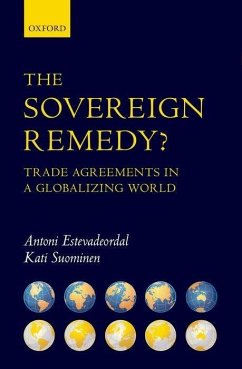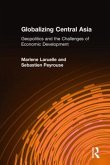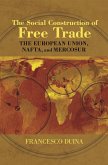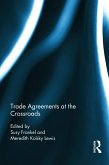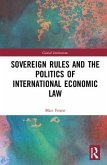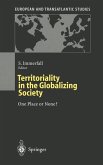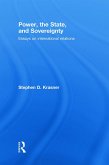Utilizes new, unique data sets to examine trade agreements and their impact on the flow of global trade Throughout material is linked to real-world situations and ongoing current affairs Interdisciplinary approach will appeal to those in the fields of economics, international relations, political science, and history International trade and the rapidly proliferating network of trade agreements have aroused passions for decades. While some blame trade agreements for exporting jobs, sowing poverty, furthering illegal migration, and robbing national sovereignty, others praise them as lynchpins of growth, pillars of peace, guarantors of security, and engines of globalization. Still others view them as useful instruments for fostering global trade and investment. This book examines whether trade agreements merit the blame levelled against them or the hopes pinned on them. It employs extensive new historical data on trade agreements to examine the features of the ongoing trade agreement wave; analyzes the future implications of trade agreements in the context of the multilateral trading system, world trade, and international politics; and puts forth novel policy proposals to make trade agreements a more constructive force in the global economy.
Bitte wählen Sie Ihr Anliegen aus.
Rechnungen
Retourenschein anfordern
Bestellstatus
Storno

